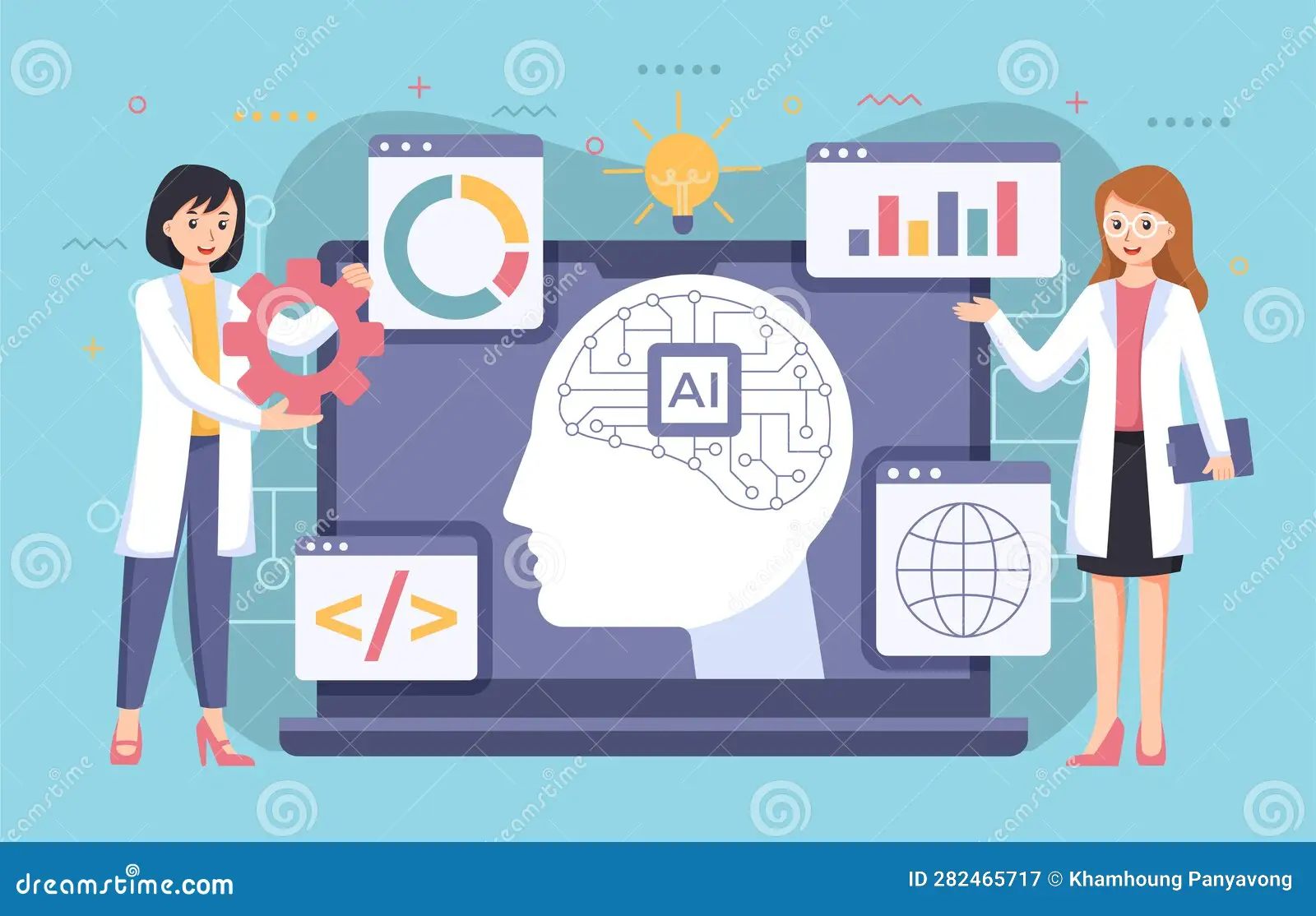What is AI a.k.a Artificial Intelligence?
to use the quote from COURSERA in one of its articles, the definition of AI is as follows:
“Artificial intelligence (AI) refers to the development of machines and computers capable of performing complex tasks that typically require decision making to be accomplished and, so, usually also require a human to perform. The most prevalent form of AI today is machine learning, which relies on machine learning models created by algorithms trained on data sets to accomplish such relatively complex tasks as predicting price fluctuations and identifying subjects in photographs. “
is AI going to affect the employments
This is the question a lot of people have been asking.
There is no right or wrong answer, it all depends on how you look at the issue.
And how you use AI to improve your operation and process.
IF you use it effectively, you may be able to use Ai to improve the workflow and process.
However, if you really think AI can replace human in your workflow, this may be a far fetch ideal situation.
Yes, AI is expected to continue affecting employment in various ways. Here are some key points:
Automation of Routine Tasks:
AI and robotics are increasingly able to automate repetitive and routine tasks across various industries.
This can lead to the displacement of certain jobs, particularly those that involve manual labor or predictable tasks.
Creation of New Jobs:
While some jobs may be displaced, AI also creates new job opportunities.
These may include roles in AI development, data analysis, machine learning engineering, robotics maintenance, and more.
Additionally, AI often enhances productivity, leading to economic growth and the creation of new industries and job sectors.
Skill Shift:
The nature of work may change as a result of AI, with a greater emphasis on skills such as problem-solving, critical thinking, creativity, and emotional intelligence.
Jobs that require human-specific skills, such as caregiving, customer service, and strategic decision-making, may become more prominent.
Reskilling and Education:
As job roles evolve due to AI, there will be an increased need for individuals to acquire new skills or update existing ones to remain employable.
Lifelong learning and continuous education will become more crucial to adapt to changing job market demands.
Income Inequality:
There are concerns that AI adoption could exacerbate income inequality, as certain skilled workers benefit from the technological advancements while others face displacement or job insecurity. Efforts to address this may involve policies focusing on education, training, and social safety nets.
Overall, the impact of AI on employment is complex and multifaceted, varying across industries and regions.
While some jobs may be at risk of automation, others will be created or transformed, requiring a shift in skills and workforce readiness.
Adaptation and preparation are essential for individuals and societies to navigate the changing landscape of employment in the age of AI.
Conclusion
To understand more about this, you may want to read more indepth study HERE
if you want to learn how to use AI to create video and so on, do go HERE to learn more about it.




Recent Comments